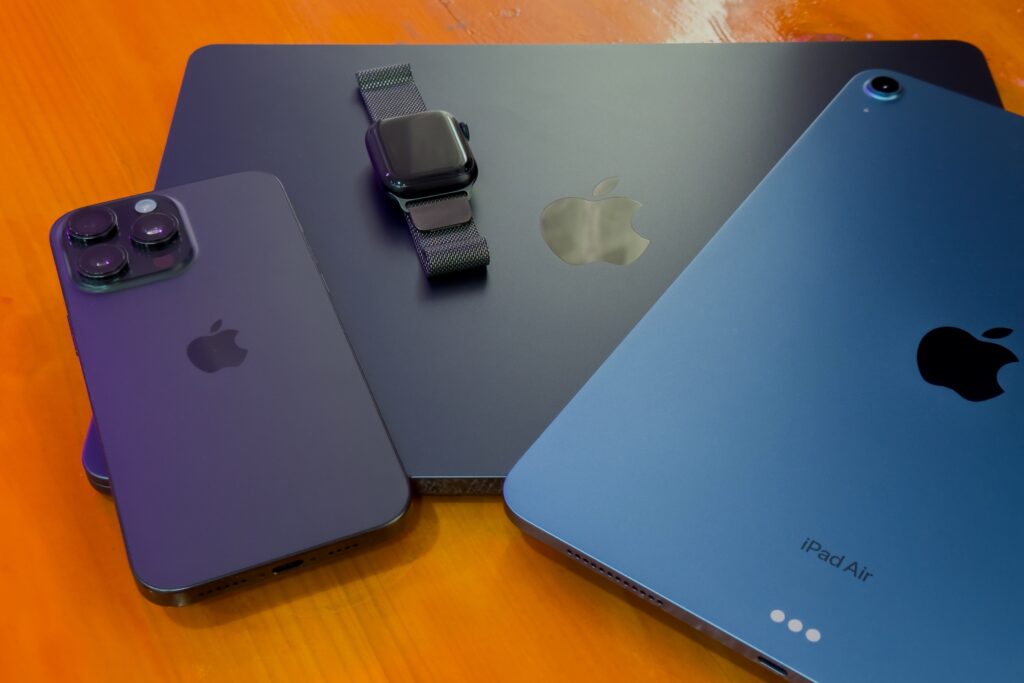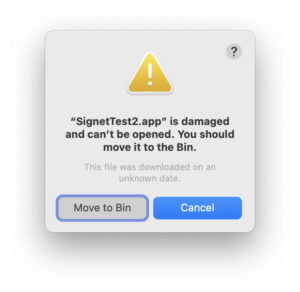Apple still has some tricks left up its sleeve for 2025

Here it comes, barreling down on us full steam: 2025. Somehow we’ve already burned through a quarter of this century. It’s been a good twenty-five years for Apple, to be sure, and from all the early indications it seems like the next year will continue the trend, insofar as such things can be predicted with any certainty.
While there are plenty of rumors about what Apple might do in the next 12 months, the simple truth is that the company only has so much time and so much money. (To be fair, it is a lot of money.) Not everything can be a priority, and not everything that gets talked about will actually happen.
Even amongst the things that do happen, some will always stand out in terms of their impact on the company and its customers. Looking ahead to 2025, I’m thinking of a few that are most likely to have ramifications that move the needle—even if, in some cases, it may take a little time for the true effects to be felt.
Home, at your command
In 2024, Apple released the Vision Pro, a device that was decidedly cutting edge, but carried such a high price tag as to be out of the reach of all but the wealthiest Apple users—and for a company that tends to charge a premium for its products, that’s saying something.
Perhaps the rumored smart home device Apple may release will take its UI cues from CarPlay or another existing Apple device.
Apple
The newest Apple product line rumored for 2025 seems of a decidedly different bent. The company’s rumored to be working on a “home command center” that has variously been likened to a stationary iPad or a HomePod with a screen. Such a device would provide a central way to control smart home tech, as well as display ambient information like the weather or news headlines.
There are plenty of questions about the nature of this device. My general rule of thumb is that Apple’s products are almost always simpler and less radical than you might hope. They’re the kind of things that, in hindsight, look obvious, given the technology the company has already put out. Apple rarely reinvents wheels, and something like the Vision Pro is the exception, rather than the rule. So in this case, look to things like StandBy mode on the iPhone, tvOS, or CarPlay as examples of templates for this kind of device—and don’t be surprised if the tech it uses is an offshoot of one of those.
Whatever this home command center is, will still likely end up being a niche product like the Vision Pro, but even so, it will at least be one that the average user may be able to afford.
Depth charge
The iPhone remains Apple’s cash crop, but even as it continues to account for the largest chunk of the company’s revenue Apple has struggled to figure out how to expand the line. The Pro and Pro Max have been significant hits, yes, but the attempts at broadening the lower end—the mini and Plus phones—have fallen more flat.
If you’ve always thought the iPhone was too thick, 2025 may be your year.
Chris Martin / Foundry
Third time’s the charm: if you can’t change the length or width, maybe depth is where it’s at. This year Apple reportedly intends to introduce a thinner iPhone, possibly called the iPhone 17 Air or Slim.
That thinness is likely to come at a cost—in part literally. While it may be less than the $999 starting price of the Pro line, it’s probably going to be more expensive than the base $799 iPhone—which would seem to position it around the same $899 price point as the current Plus. And such a slim design could mean some trade-offs in capability, including a simpler camera and perhaps lower battery life.
As always, the big question is the story Apple intends to tell about this device. Why does it exist? Are people crying out for a thinner iPhone? Will the tradeoffs be worth it? Or is the company simply trying to cash in on the cachet of having a fancy new exterior? We’ll find out next fall.
The call is coming from inside the phone
One of the biggest Apple success stories of the past decade is the shift to building its own processors. It’s allowed the company to not just elicit great performance from its products, but also great energy efficiency. By having control over the lowest level of the hardware, Apple can tie it all together in a package that was simply impossible to do with third-party chips.
If cellular modems gets you excited, you’ll be thrilled with the upcoming iPhone SE.
Willis Lai/IDG
It also speaks to a major part of Apple’s philosophy: that if something is important to your bottom line, you do it yourself.
And so 2025 is reportedly going to see the next step along that path as Apple brings another key technology in-house: cellular modems. The company bought Intel’s modem business way back in 2019, and rumors have sprung eternal that it would incorporate its own cellular radios into its products ever since. But reports have also suggested that the engineering has proved more complicated than expected, hence continued deals with rival Qualcomm to use their modems.
The time, however, may finally arrive in the form of an unassuming product: the fourth-generation iPhone SE. The low-cost iPhone, expected to be announced in the spring, may be the first to feature an Apple-built modem. That’s a canny move, since the SE isn’t subject to nearly the same scrutiny as Apple’s flagship phone models, and probably doesn’t ship in the same number of units. It gives Apple time to deal with unexpected problems without necessarily tanking its biggest product launch of the year. And even if its modem performance in the SE doesn’t match up to the iPhone 16 line, well, SE customers are likely to be a less performance-conscious market than those buying the latest and greatest phones.
Eventually those modems will probably make it into other Apple products, including iPads and Apple Watches and maybe, for the first time, Mac laptops. But it all starts with the little iPhone SE that could.
The rest
Of course, 2025 will bring the usual other assortment of Apple news. We’ll see the last tranche of previously announced Apple Intelligence features, a likely revamp to the base-level iPad, and the debut of the M5 processor line. More recently we’ve also seen rumors of an updated HomePod mini and a revised Apple TV.
But the biggest questions that remain for me are about the future of Apple’s software platforms. Will the impact of Europe’s Digital Markets Act continue to spread around the world, forcing Apple to change some of its longstanding business practices? Will we see the next step in the evolution of the Vision hardware, showing us Apple’s plan to push the line forward and bring it to more customers? And what will Apple focus on in its platform updates this year—will AI still be the name of the game or will that bubble burst?
2025 promises to be an exciting year for Apple and the tech industry, so buckle in: it’s going to be a bumpy ride.



